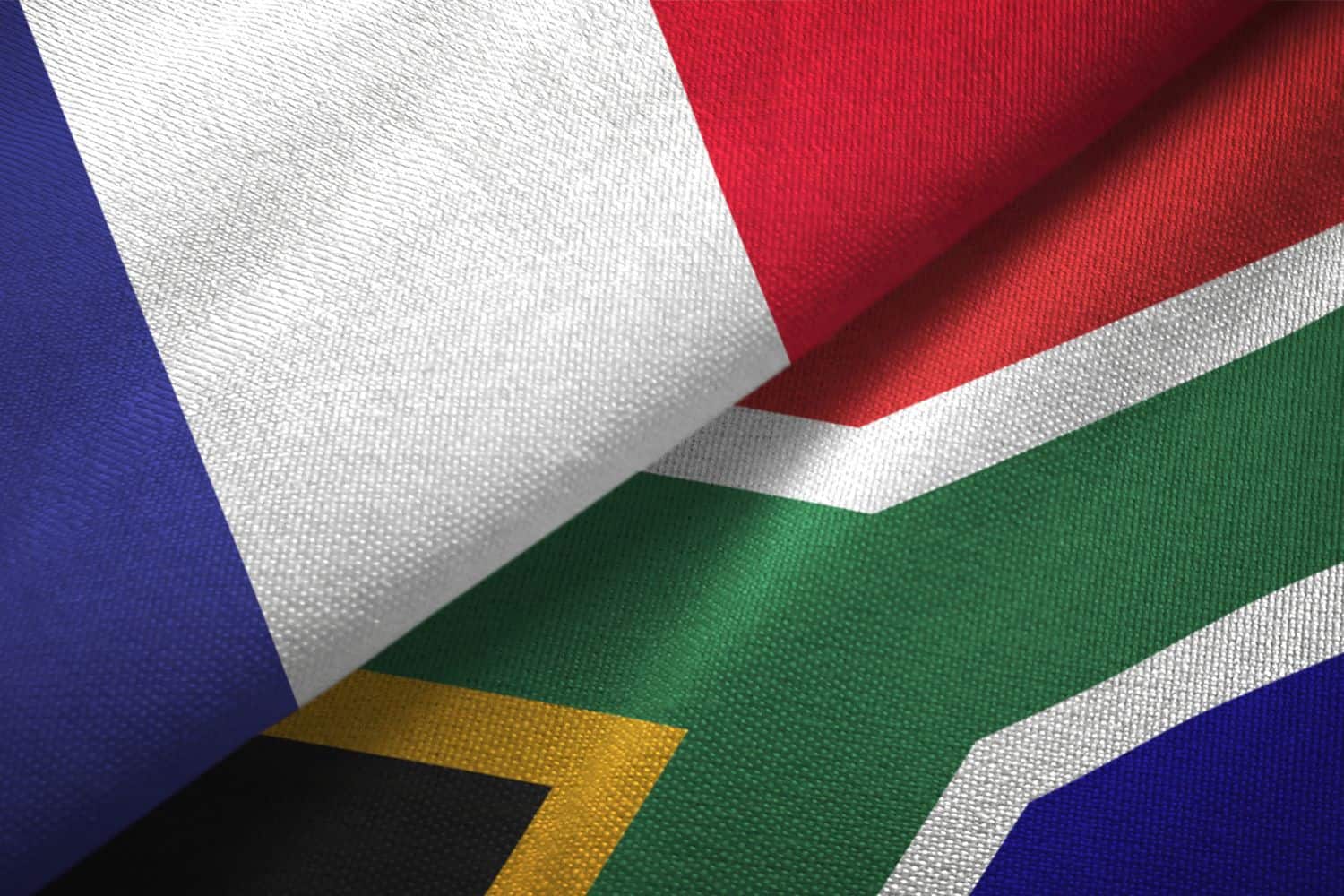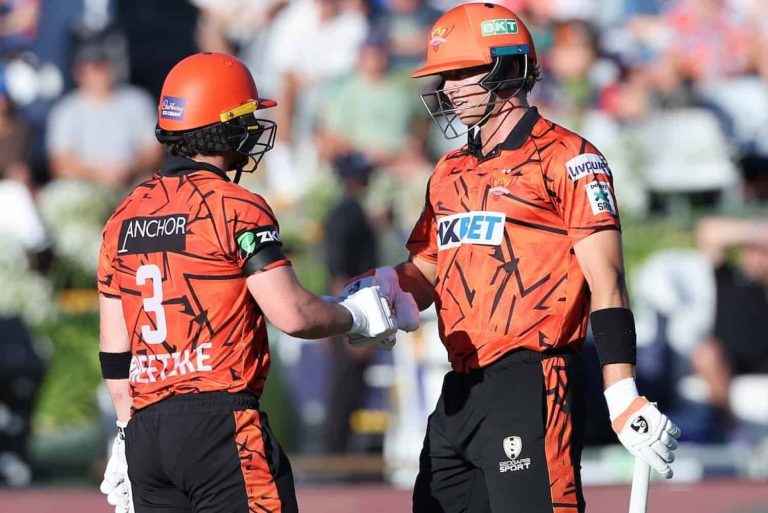
The French Institute of South Africa is calling on creative entrepreneurs to apply for the second edition of Creation Africa, an incubation programme offering substantial funding and expert mentorship to businesses in the cultural and creative industries.
The initiative, launched in 2023, targets entrepreneurs aged 18 or older operating in South Africa, Lesotho and Malawi.
Applications close on 7 December. According to Anna Reverdy from the French Institute SA, the programme aims to provide crucial support to the creative sector.
“The idea is for that programme to bring the support, whether it’s from an incubation perspective, a network perspective, investor perspective, funding perspective, to give those tools to the selected entrepreneurs to scale up their business, like to sustain it, but also to scale it up,” she said.
Programme structure and funding
The initiative unfolds in several phases, beginning with 50 selected entrepreneurs receiving two months of mentorship focused on mastering pitch presentations. From this group, 15 finalists will advance to a six-month intensive incubation programme, after which they’ll receive grants ranging from 15 000 to 30 000 euros.
Reverdy explained that entrepreneurs will have considerable flexibility in how they use the funding.
“It needs to make sense within the creative space, but also within the conclusion that they will have come to from that incubation. Where do they need to invest more money? Is it in the product developments? Is it in job creation? Is it in having a space [to conduct their business]?” she said.
The programme culminates in an immersion trip to France for the 15 finalists, where they’ll connect with potential stakeholders, investors and industry peers.
Creation Africa Days in South Africa will also provide opportunities for investor roundtables and product showcases.
ALSO READ: Fashion alert! Tshepo Jeans and Maphorisa ignite the streets with new fashion collabo
Success story: Moodswing’s journey
Jimmy Muteba, founder of Moodswing and a participant in the previous cohort, exemplifies the programme’s impact.
His platform allows businesses and individuals to enhance conversations with personalised background music while enabling producers and composers to monetise their work through real-time integration in voice notes and calls.
Reverdy described Muteba as “the most inspiring success story” from the programme, noting his journey from initial pitch to securing a deal with Sony Global and attracting multiple investors.
Muteba discovered the programme through a friend who saw it on LinkedIn. His breakthrough moment came when organisers matched him with experienced mentors.
“That was quite a great realisation, the opportunity to learn from people who had been in that industry for a while and who were experienced and could add a lot of value by coaching and sharing their experience as well and guiding,” he said.
The funding proved transformative for Moodswing’s development. Muteba explained that it helped them “accelerate the development of our app. So we were able to use that to build out some features that we knew we needed, which helped us to grow and to be able to get into a different phase.”
ALSO READ: Here’s when Nsfas applications close
What judges are looking for
Organisers emphasise they’re seeking established businesses rather than concepts.
Reverdy clarified that applicants should ideally have been operating for at least two years, though exceptions exist for newer ventures showing strong momentum.
“It’s not so much about the idea. If I can say it’s more about finding strong business profiles within the creative industries,” she said.
For aspiring applicants, Muteba offered practical advice on pitching: “I think what you would need to do is really just introduce yourself and speak to them as though you were speaking to an old friend.”
He stressed the importance of clearly articulating the problem being solved, understanding competitors and competitive advantages, and presenting realistic financial projections.
Time commitment and ongoing support
The programme requires significant dedication, with two to three sessions weekly during the seven-week mentorship phase.
Anna acknowledged that “if you have a second job, it might be difficult,” though participants can continue running their businesses alongside the programme.
Beyond the formal six months, participants join an extended network with ongoing opportunities.
Muteba confirmed that he remains in contact with mentors and fellow participants through various communication channels, including a WhatsApp group.
“The networking aspect of it is very important and, of course, all the advice and guidance that they give as well,” he said.
Looking back, Muteba emphasised the programme’s lasting impact: “Don’t think twice about it. Just don’t think twice about it and apply because it’s life-changing.”
The Creation Africa programme is funded by the French Ministry of Europe and Foreign Affairs and implemented by the Embassy of France and the French Institute of South Africa, with UVU Africa serving as the implementing incubator.
Interested entrepreneurs can find application details at frenchinstitute.org.za.
READ NEXT: SA creatives dine with France’s President Emmanuel Macron



